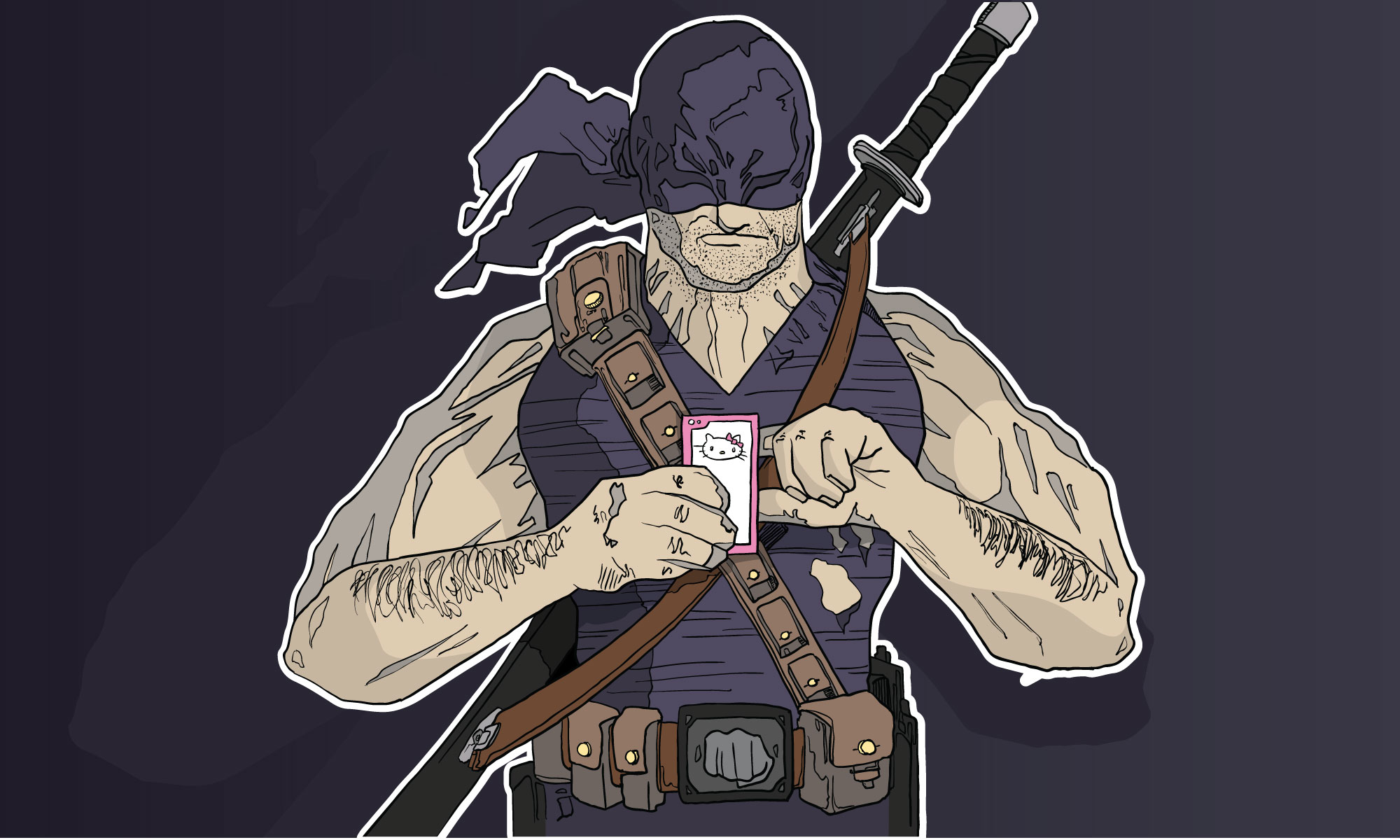This week Number One Son has been on a mission workcamp deal. Normally, these trips take high schoolers to run-down, desolate parts of the country, like Indian reservations and Appalachian villages. But this year, that desolate part of the country happens to be my hometown, Detroit. Motown. The Big D.
So this week, I’ve felt both pride and nostalgia for the place that formed me, a little guilt for having moved away so long ago, and despair that my kid and all the kids with him right now will never understand the treasures that that city held back in its day.
That last emotion may be common to all people as they get older. It’s not just some nostalgia for the way things were “back in my day”. It’s more an awareness that there’s a continuum of culture, that the way we live now has its roots in the choices that were made in the past. It’s also the awareness that civilization is fragile, accomplishments fade, and the American “Way of Life” can leave a lot of places and people on the scrap pile.

When I was born, Detroit was the 4th largest city in the nation, bigger than Los Angeles. The downtown Hudson’s Store was one of the biggest department stores in the country. The riverfront was full of factories (I remember a Uniroyal tire factory sitting odoriferously next to the bridge to Belle Isle). The Bob-Lo Boat took people downriver to Bob-Lo Island all spring and summer. We had Motown, the MC5, Alice Cooper, Parliament/Funkadelic. Overall, the place was ALIVE! Just like Bob Seger said, We were making Thunderbirds.
Now the place is a case study of “ruin porn.” To catalog all the problems and scandals of the past 20 years would send you into a fetal position, and for it to come from an exile like me would be completely inauthentic.
But I hope the kids on the workcamp can catch a glimpse of what the place had been, and what it could still be. People in Detroit are crazy and tenacious. They’ve had the rug pulled out from under them so many times that they might as well stay on the floor. But they don’t. It’s our largest industrial city in decline, which means there’s a certain critical mass there. Which means it might take longer to turn it around, but once it gets going, it will be hard to stop.

